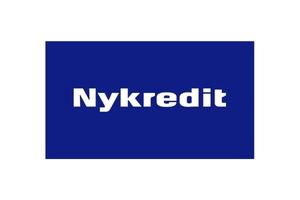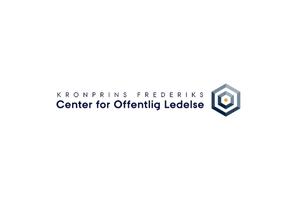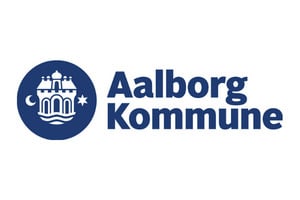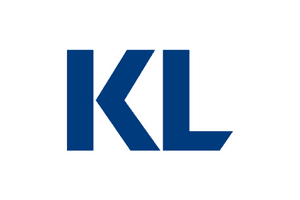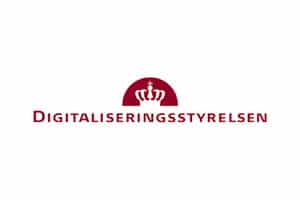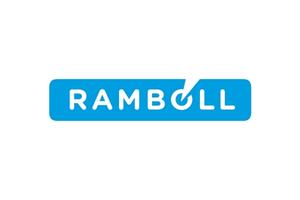God pædagogisk ledelse fokuserer på elevernes læring
Hos LEAD mener vi, at det har en positiv betydning for elevernes udbytte af undervisningen, når pædagogiske ledere fokuserer på elevernes læring.
Mange ledere oplever dog, at hverdagen fyldes op med praktiske opgaver frem for dialoger om undervisningen og elevernes læring. For nogle ledere glider den pædagogiske del af ledelsesopgaven i baggrunden til fordel for praktiske, økonomiske og administrative gøremål.
Det kan føre til uheldige konsekvenser. God pædagogisk ledelse indebærer nemlig, at et tydeligt fokus på elevernes læring gennemsyrer det strategiske, faglige, forandringsmæssige og administrative ledelsesarbejde.
Pædagogisk ledelse er altså ikke en særlig opgave for ledelsen, men handler om at holde fokus på, hvordan skolen understøtter læringen hos elevernes. Og vellykket pædagogisk ledelse afhænger af ledernes evne til at koncentrere sig om og løbende vende tilbage til arbejdet med læring i en hverdag præget af praktiske og administrative opgaver – og nye dagsordener, der sættes af forvaltning og politikere.

